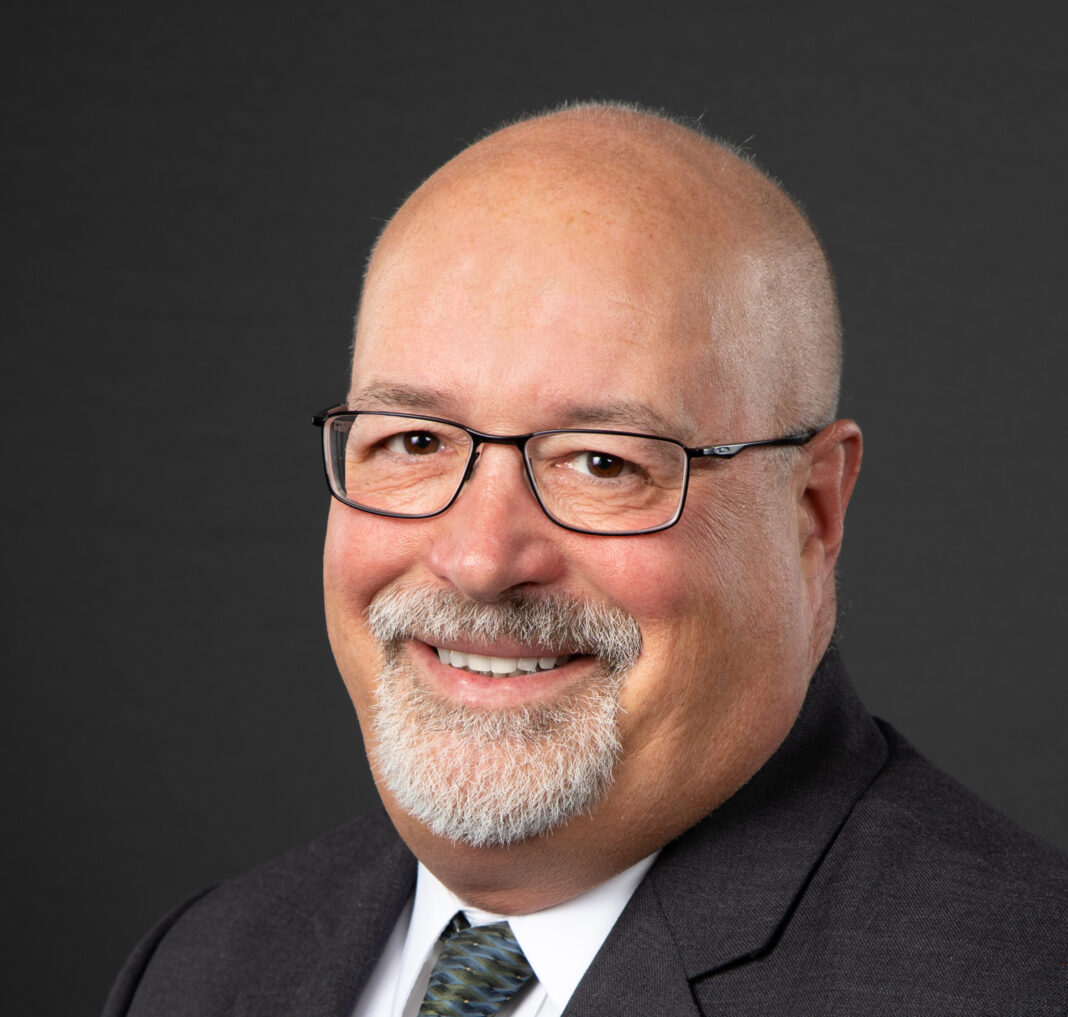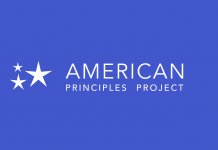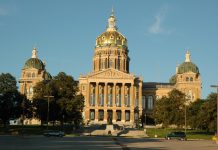The main action in both the Senate and the House this week was the passing of House File 68, Education Saving Accounts or the Students First Act. The Students First Act (SFA) provides for a $7,598 scholarship that is placed into an Educational Savings Account (ESA). An ESA is an account to a family, and the family can decide which accredited private school they would like their child to attend. The dollars in the ESA can only be used for educational expenses. Under the SFA, the Iowa Department of Education is directed to create a system to account for the funds and reduce waste, fraud, and abuse.
The SFA program will phase in over 3 years. The first year, all kindergarten students, all prior public school students, and private school students below 300% of the Federal Poverty Level are eligible. In year two, the income threshold is raised to 400% of the Federal Poverty Level. In the third year, all K-12 students become eligible. A new appropriation of funds will be created that supports the program. Over the next four years this is estimated at $940 million. It is estimated that public school funding will receive over $15 billion dollars during that same period.
Eligible private schools must be accredited schools as defined in Iowa Code. Some private schools choose the same state accreditations as public schools. Others used Department of Education-approved independent accreditation. Pupils receiving an ESA are required to take all applicable state and federally required student assessments. The results shall be provided to the student’s parent or guardian and reported to the Department of Education (DOE). The DOE will compile the results to analyze proficiency and progress of participating pupils.
The current bill allows for flexibility in how school districts use categorical funds. Once the requirements have been met in spending those categorical funds, public schools can choose to use any remaining fund balances for other general fund purposes. This is a good change and one that I have been pushing for a number of years.
Those school districts that have resident private school students, each of those students will be counted and the categorical funds generated by counting each of those students will be sent to the public school. Districts receive approximately $1200 in categorical funds per student. The public school district will receive that amount per private school student even if the student never attended the public school.
Chapter 12 of the Iowa Code addresses how public schools are administered. The regulations in place are fairly restrictive. The current bill will open up Chapter 12 for review. Possibly eliminating outdated practices, getting rid of restrictions to innovative teaching practices, so that schools have more local control to best meet the needs of their students and making our public school more competitive.
I was opposed to this bill as there is no provision for students with special learning needs. Students with an IEP (Special Education) or a 504 plan, could be denied acceptance to a private school. That decision is up to the private school. I firmly believe that parents should have a choice as to which school their child attends and that choice should not be limited based on a child’s special learning needs. To me, this is not true school choice and it needed to be addressed in the bill in order to gain my full support.
A final thought: There is fear that private school enrollment will greatly increase, which will have a negative impact on the public schools’ budgets. The question that I ask, “Why would parents choose to leave the public school for another option?” The challenge that needs to be accepted is to make your local public school district the optimal choice for parents and children that best meets their needs. If parents are seeking to leave, ask them the question “why?” and be willing to work at changing to meet those needs.
Judiciary Committee Bills:
- SF 108 – A bill for an act relating to the employment of unauthorized aliens and providing penalties.
- SSB 1007 – A bill for an act relating to an exception to the real estate transfer tax for deeds that transfer distributions of assets to beneficiaries of a trust.
- SSB 1005 – A bill for an act relating to civil actions associated with permissible physical contact between certain specified school employees or volunteers and students, including civil and criminal immunity, monetary damages, and attorney fees.
- SSB 1003 – A bill for an act relating to paternity in certain actions before the juvenile court.
- SSB 1006 – A bill for an act relating to criminal charges for domestic abuse assault.
- SSB 1016 – A bill for an act relating to an assault involving a laser pointed toward an aircraft, and making penalties applicable.
- SSB 1015 – A bill for an act relating to the state public defender pilot project for child welfare legal representation.
- SSB 1063 – A bill for an act relating to noneconomic damage awards against health care providers.
Health and Human Services Committee Bills:
- SSB 1012 – An act establishing the professional counselor licensure compact.
- SSB 1008 – An act relating to the requirements for a prescribing psychologist or psychologist with a conditional prescribing certificate.
- SSB 1041 – An act relating to controlled substances, including amending certain controlled substances schedules and precursor substances reporting requirements, making penalties applicable, and including effective date provisions.
- SSB 1010 – An act relating to the timing of physical examinations for licensed or registered child care facility personnel.
Did you know Iowa provides address confidentiality for survivors of domestic violence, sexual abuse, assault, trafficking, and stalking? Safe at Home was created with unanimous support in both chambers of the Iowa Legislature in 2015. It is administered by the Iowa Secretary of State. Participants receive a legal substitute address, mail-forwarding, and confidential voter registration and absentee voting. Safe at Home has grown to nearly 1,300 participants across 78 counties. Visit SafeatHome.Iowa.gov to learn more.

















